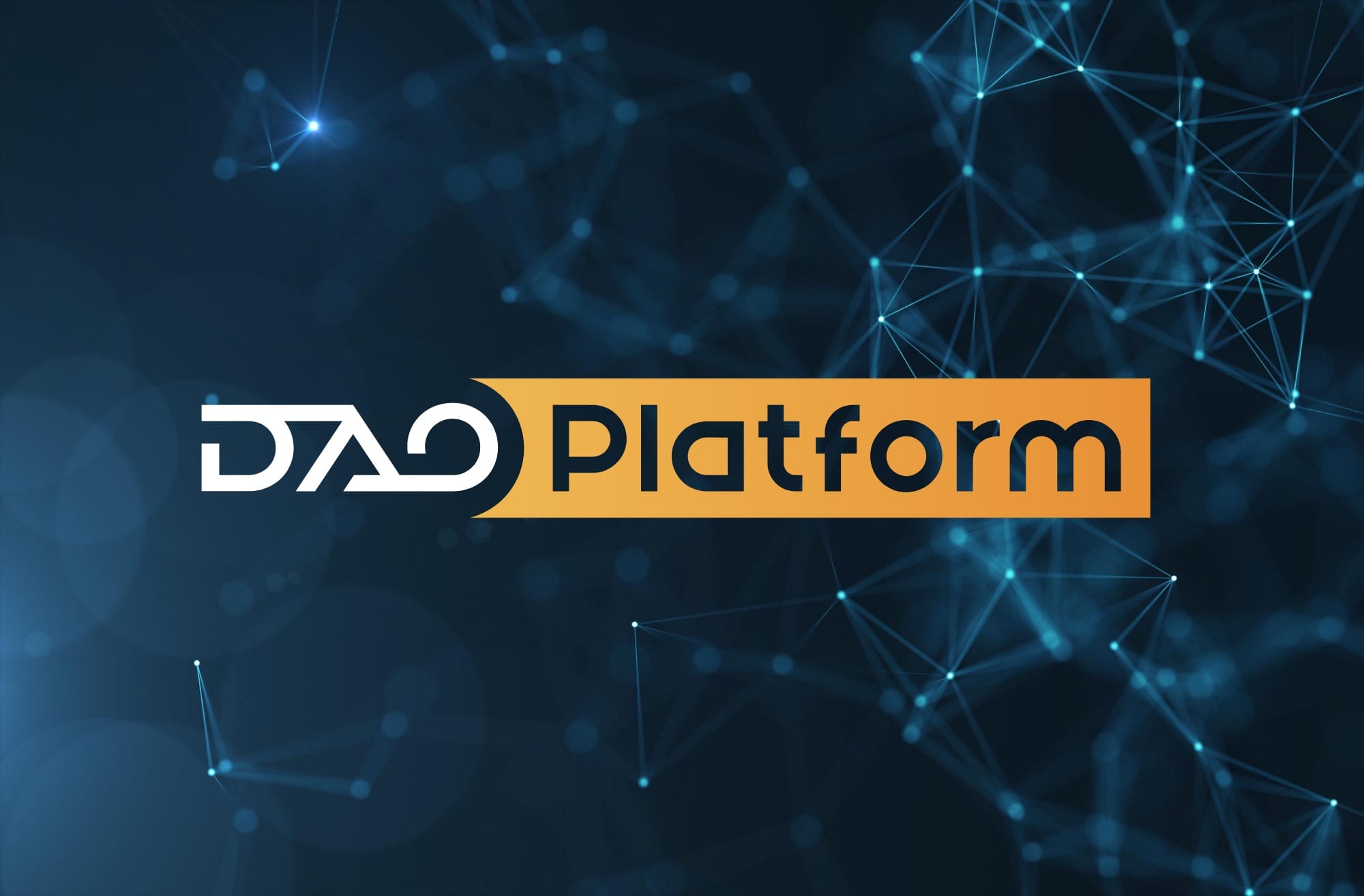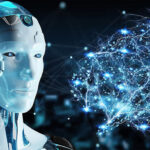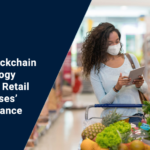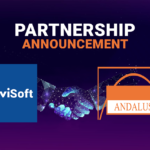The blockchain and cryptocurrency worlds are constantly developing, assaulting people with new technologies. One of the most notable achievements of blockchain has been the introduction of DAOs — decentralized autonomous organizations. This follows the race of DeFi, Yield farming, NFT Development, and, more recently, Metaverse. DAO is a system based on the internet and blockchain technologies, and Smart Contracts are used to automate its core functions. Furthermore, this new term replaces centralized organization and intermediation with a new organization that is highly decentralized, effective, and capable of raising cash collectively. If you want to go a little deeper into the concept of DAO Platform, let’s keep reading!
1. What Is A DAO Platform?
DAO is the abbreviation of Decentralized Autonomous Organization, an automated and sustainable platform based on open-source codes. DAO was unaffiliated with any specific nation-state or authority in order to be entirely decentralized, instead, it did use the Ethereum network at first. DAO rules and policies are embedded in code and executed using smart contracts, removing the need for a centralized authority. Once the smart contract has been launched on Ethereum, those rules are impossible to change except by a vote. All members have equal power over the DAO, and they can use governance tokens to vote on various rules and adjustments. Their voting power is roughly equivalent to the number of tokens they own. To sum up, DAOs are truly revolutionary, with the potential to fundamentally alter the way organizations are controlled. Grant financing, pool investment, collecting, charitable funds, worker collectives, freelance networks, and other fields have adopted them successfully thus far.
2. The Core Constituents of DAO
The underlying mechanisms of DAO are different from one project to another, however, there are 3 key stages that any DAO has to undergo. They are Smart Contract Implementation, Token Creation, and DAO deployment.
a. Smart Contract Implementation
DAOs operate with Smart Contracts, which are utilized to identify and encode DAOs’ rules. Smart Contracts will automate the creation of rules and policies as long as a specific criterion is met, such as a stock or commodity price reaching a previously specified level or when a date and time are fulfilled. A well-thought-out smart contract setup is critical to establishing a long-lasting and adaptable DAO. Otherwise, mistakes made at the start of the project can derail the entire project.
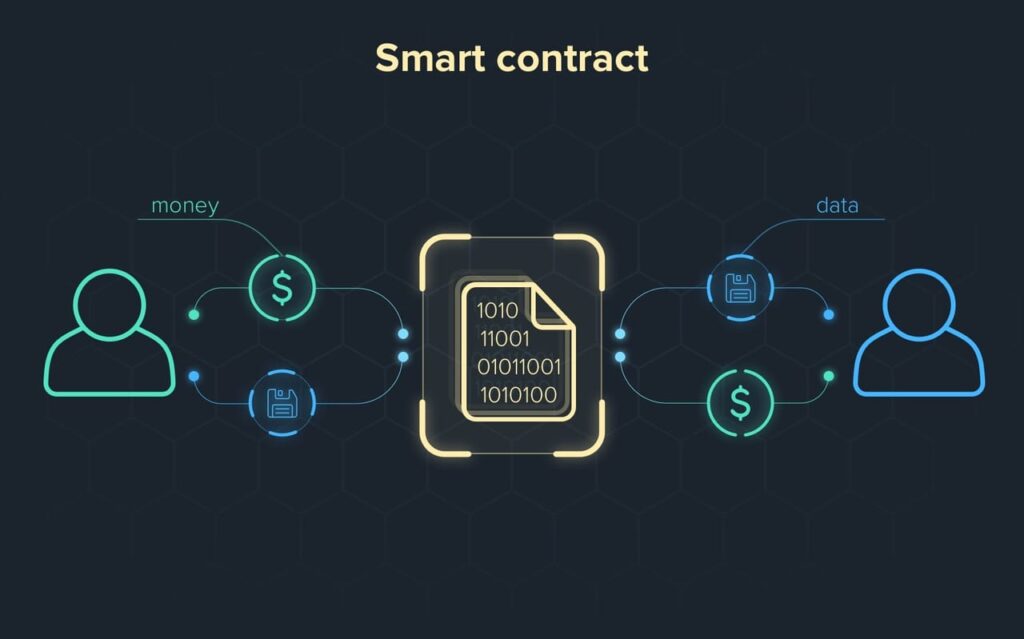
b. Token Creation
After developing Smart Contracts, it is essential to create its native token. These tokens will then be used for member voting mechanisms and to incentivize specific activities within the DAO. The following are some examples of activities required to vote on Decentralized Autonomous Organization Platforms:
- External expenses incurred or anticipated by the organization
- Products to be included on a DAO’s roadmap are chosen.
- Several protocol enhancements and new technological implementations have been made.
c. DAO Deployment
A sufficient budget is required for the deployment of a DAO. From the time enough funding, DAO’s members with token holders will become stakeholders, who have the right to vote and contribute to the platform’s operation, such as propose changes to the DAO’s future work and how its funds should be distributed.
2. Which Benefits Does A DAO Platform Offer?
High Transparency Levels: Transparency is one of the many advantages that the DAO platform can provide. Because all activities can be seen and tracked by users, voting, funding, and decision-making can’t be modified. Everything that happens in a DAO is automatically recorded on an immutable and secure blockchain, ensuring the highest level of security for all files.
Trustless: Because it does not rely on a third party, this platform works dynamically and collectively with the individual interests of its members. Furthermore, everything is done automatically via Smart Contracts, which are in charge of guiding participant behavior and executing automated consensus. As a result, a DAO significantly contributes to optimizing network decision-making and helps reduce management costs.
Open-source: DAO is an open-source platform, which means that its code is publicly available, allowing people to collaborate and improve the platform. Because a global community of IT developers can support them, open-source platforms are far more reliable. As a result of everyone’s fair participation and transparency, the DAO’s mechanism improves.
3. Are There Any Challenges Related To DAO Platform?
Delays In Making Decisions: A lack of centralized authority can have an adverse effect on decision-making procedures. It means that stakeholders, or members with tokens, deliberate or unintentionally, take too long to make a decision. These delays cause issues and impede the overall work progress of the decentralized autonomous organization.
Complex Bug Fixing: Because of the complexity of a DAO’s code, any bugs that arise may be difficult to fix. Once the code has been uploaded, it is nearly impossible to change it. As a result, if a bug is found, the entire code must be rewritten from the ground up. To avoid this and ensure the correctness and reliability of your code, it is strongly advised that you hire a team of world-class IT developers who will be responsible for writing high-quality, reliable code.
Legal Issues: The precise legal status of decentralized autonomous organizations is unknown and varies depending on the jurisdiction. Furthermore, because DAOs exist all over the world, legal issues may arise as a result of different regional laws and cross-border contractual relationships. This barrier, however, may be overcome if more jurisdictions take a welcoming stance toward DAO adoption.
4. Final Thoughts
To wrap up, decentralization’s core principle has piqued the interest of a wide range of industries and has proven to be a real driving force behind innovation and improved efficiency. DAO platforms will become important in our future society, bringing about better and more equitable management as well as increased transparency.
As a Top Blockchain Development Company, our in-house employees are equipped with the most up-to-date Blockchain-related knowledge, including not only DAO but also NFT Marketplace Development, Smart Contract Integration, Cryptocurrency Exchange Platform, etc. HuviTek will provide you with the best tech solutions and ensure that your application’s development, deployment, and support run smoothly.
Contact our team in case you are interested in this topic and desire to build your own DAO Platform
- Message us
- Phone: +84 888 780 670
- Email: [email protected]
- Visit our website!
